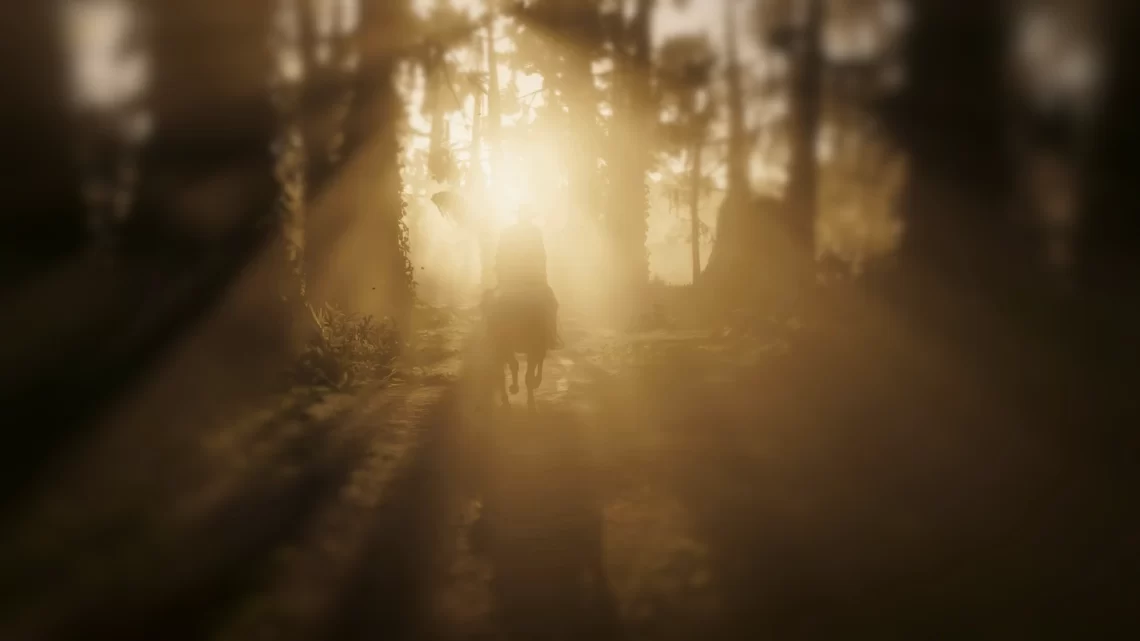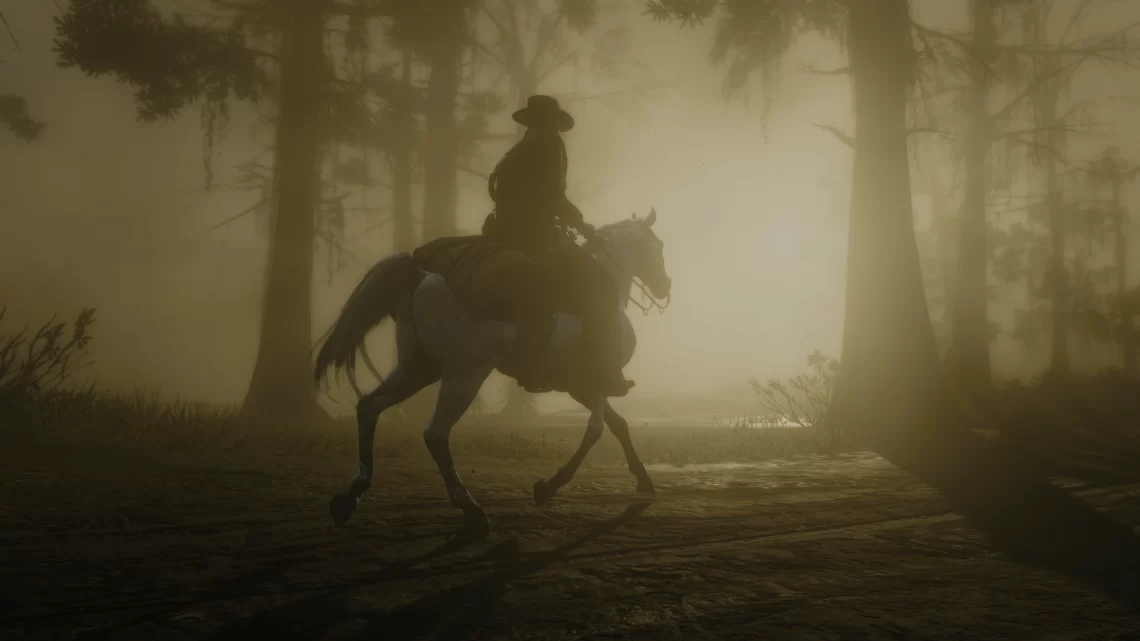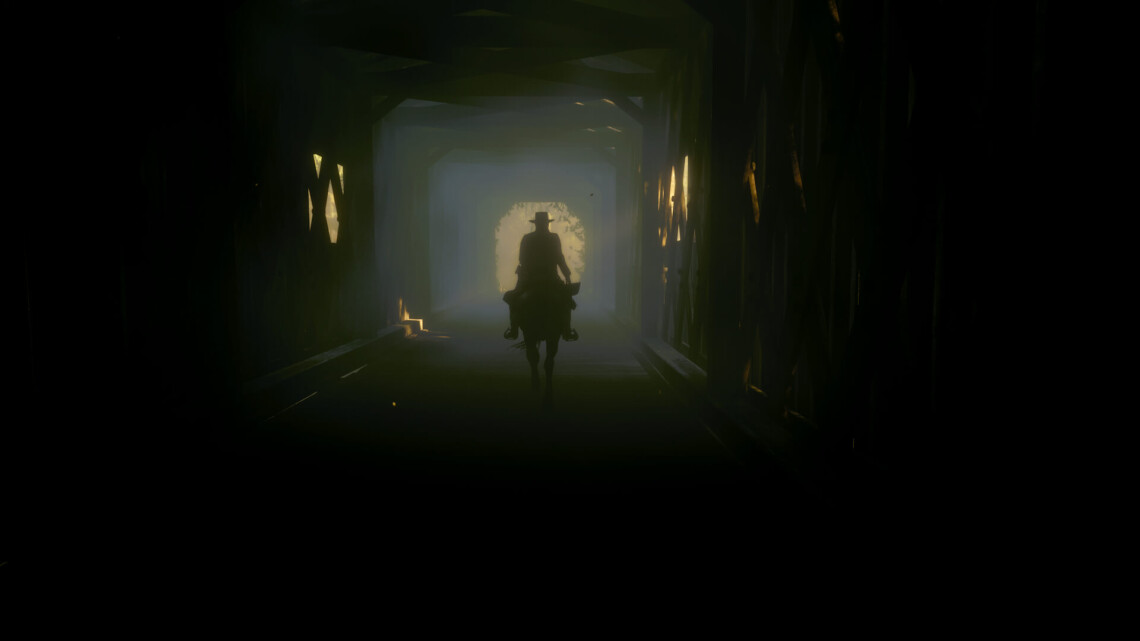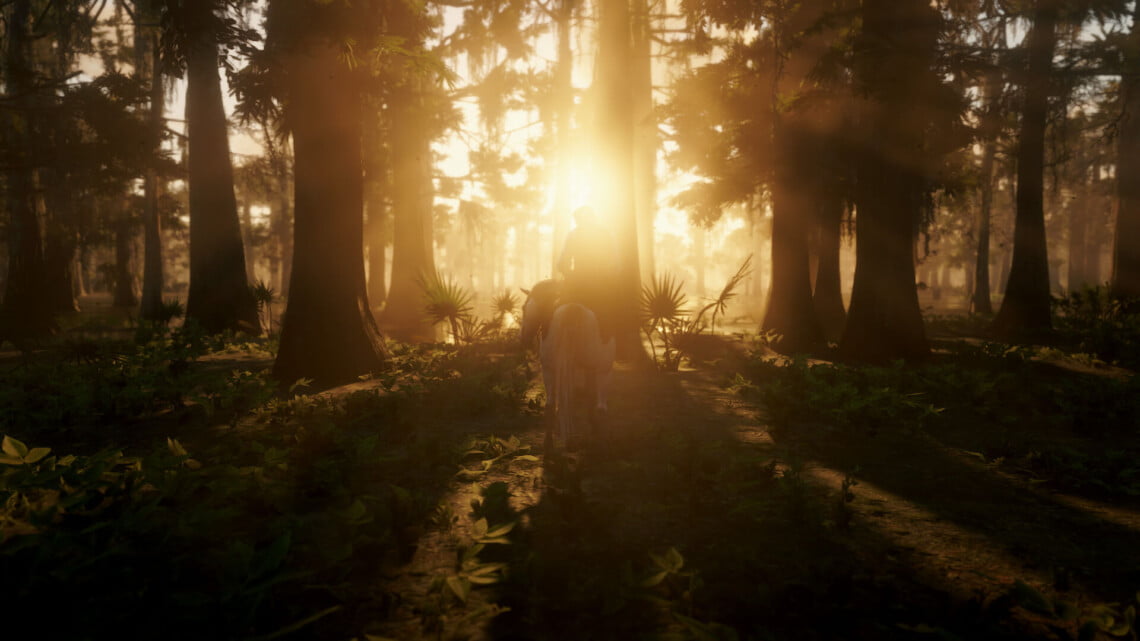We’re nearing the end of the literary works that Rockstar used to create RDR2. I want to close with an essay, so I’ll be publishing that two weeks from now. After that, I'll be sharing more of my research into the game's historical and cinematic influences.
When considering race and anti-Black racism, Black perspectives are the most vital. That said, too often, we act as though being white is an automatic, default, or neutral position instead of considering the precise ways in which racism distorts white perspectives and beliefs. RDR2's portrayal of the white perspective is unconsidered and obscures historical realities. Arthur's demonstrable ignorance of white peoples’ prevalent attitudes in “Preaching Forgiveness as He Went” and “No Good Deed” denies the realities of the time and is totally unbelievable: in no way were white supremacist acts of violence, let alone beliefs, confined to the South.
Allusions to William Shakespeare's The Tempest are among the most obvious references in RDR2 — and yet, other allusions to the Bard's work are so subtle we almost have to guess at them. The game doesn't make direct allusion to King Lear or Othello, but the influence of those dramas is clear. Those plays feature a scheming villain spitting poison in the ear of a noble-but-tragically-flawed leader and a loyal but hapless child or follower who dies as a result of the leader's weakness: a plot that RDR2 reworks beautifully. However, this is an influence felt, not named. Other Shakespearean works are alluded to more directly. We’ll begin by discussing…
Finishing our journey through the intertwined Eden and Hell of RDR2.
Paradise Lost is one of the most celebrated literary works of all time. Paradise Regained, John Milton's followup to the epic, is less so. The second poem tells the story of the Son (Christ) wandering in the desert, where, after 40 days and 40 nights, Satan accosts him and tries to tempt him to break his obedience to God. It is, quite frankly, not very interesting: there's no suspense at all. Satan losing is foregone conclusion. The Son is totally unbothered.
I've discussed Paradise Lost in some depth now, but there are still quite a few allusions that didn't fit elsewhere. This also seems like the best place to discuss the other allusions to the Romantics in the game. Here's a roundup of the essays, followed by a list of the other references the game makes.
One of the writers’ apparent motivations in writing Red Dead Redemption 2 was to make Red Dead Redemption even more sad. The way the first game is retconned in the second one can be annoying because of the mismatch in details, but at times, it’s very effective ...






